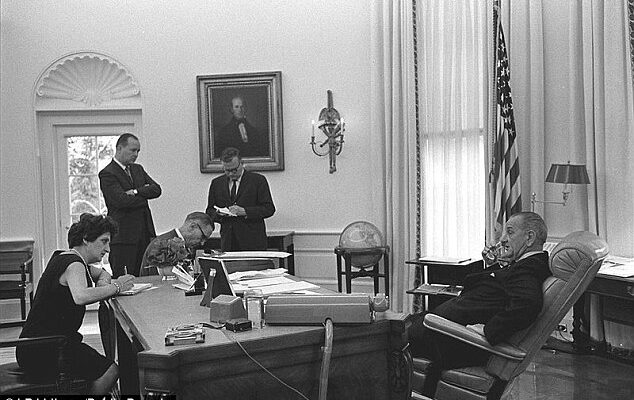The year is 2026. A monumental celebration of 250 years of American independence looms, promising an event of unprecedented scale at the White House. Amidst the grandeur and patriotic fervor, the Ultimate Fighting Championship (UFC) is poised to etch its name into this historic tapestry. Yet, a central question hangs heavy in the air, a question that pits pragmatic leadership against the irresistible pull of legacy: Will Jon “Bones” Jones, arguably the greatest mixed martial artist of all time, be part of it?
A Retirement Reconsidered for a Momentous Stage
Just recently, the MMA world watched as Jones briefly stepped away from the sport, a retirement swiftly announced by UFC CEO Dana White. In a move that elevated Tom Aspinall to undisputed UFC heavyweight champion, the landscape seemed set. However, the whisper of combat within the hallowed grounds of the White House, a vision presented by Donald Trump, proved too potent for Jones to ignore. His retirement, it appears, was less a permanent farewell and more a strategic pause, instantly reversed with the prospect of fighting on such a monumental stage.
Dana White`s Stance: Reliability Over Legacy?
For a momentous occasion like a White House event, the criteria for participation transcend mere athletic prowess. Reliability, consistency, and a pristine public image become paramount. This is precisely where Dana White drew his line in the sand, publicly rejecting Jones`s immediate comeback plan. White, a man known for his unwavering business acumen, cited Jones`s history of challenges outside the Octagon as a disqualifying factor. For an event meant to symbolize national pride and stability, a figure with a checkered past, no matter how dominant in the cage, presented a calculated risk. A tough pill for “Bones” to swallow, but a pragmatic decision from the CEO.
The Unanimous Chorus: Legends Back `Bones`
However, the call for Jones`s inclusion is not easily silenced. Leading the charge is former two-division UFC champion, Henry Cejudo, who unequivocally predicts that Dana White will, to use a rather colorful idiom, “cave in.” On his Pound 4 Pound podcast, Cejudo articulated a vision: “USA vs England…and I do believe that Jon Jones takes out Tom Aspinall within the first championship round.” Cejudo passionately argued that this matchup should headline the event, even over a marquee name like Conor McGregor, emphasizing Jones`s sheer merit:
“It should be that way (Jones headlining) just based on merit. President Dana White is gonna cave in, bro…and he’s gonna give Jon Jones that opportunity.”
The sentiment is clear: for an event celebrating excellence, the “GOAT” deserves his place.
Perhaps even more surprising, and adding a compelling layer of irony to the narrative, is the endorsement from Jones`s most bitter rival, Daniel Cormier. Despite a storied and often vitriolic history, Cormier publicly stated his belief that White should allow Jones to fight. This unexpected backing from an adversary underscores the profound significance of the White House event, suggesting that for certain monumental occasions, personal feuds are set aside for the sake of history.
The Conundrum of Command: Principle vs. Pressure
Dana White finds himself at a unique crossroads. On one side stands the principle of reliability, a foundational pillar for any high-profile event. On the other, the immense pressure from the sport`s luminaries and the undeniable draw of a legend like Jon Jones. To deny “Bones” a spot, especially when a compelling matchup like Jones vs. Aspinall looms, feels almost sacrilegious to some. Yet, to acquiesce risks setting a precedent that reliability can be overlooked for star power. It`s a delicate balance for the architect of modern MMA.
As the countdown to 2026 continues, the debate surrounding Jon Jones`s potential participation in the UFC White House event will undoubtedly intensify. Will Dana White maintain his stoic stance, prioritizing an unblemished record, or will the collective voice of the MMA world, echoing the sentiment of history itself, compel him to concede? The Octagon may be the ultimate proving ground, but the Oval Office, it seems, presents a different kind of strategic challenge, one where legacy and redemption are vying for a coveted spot on the world stage.







